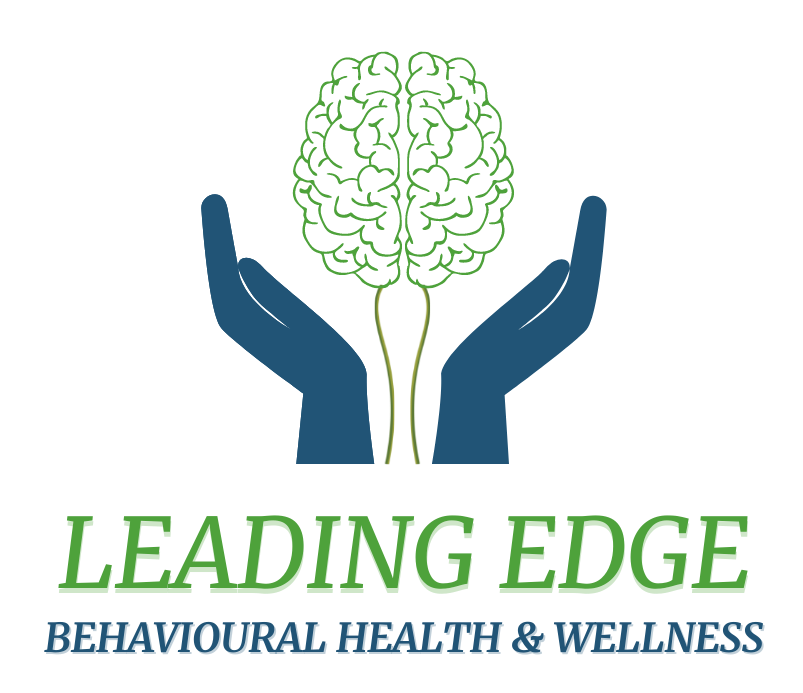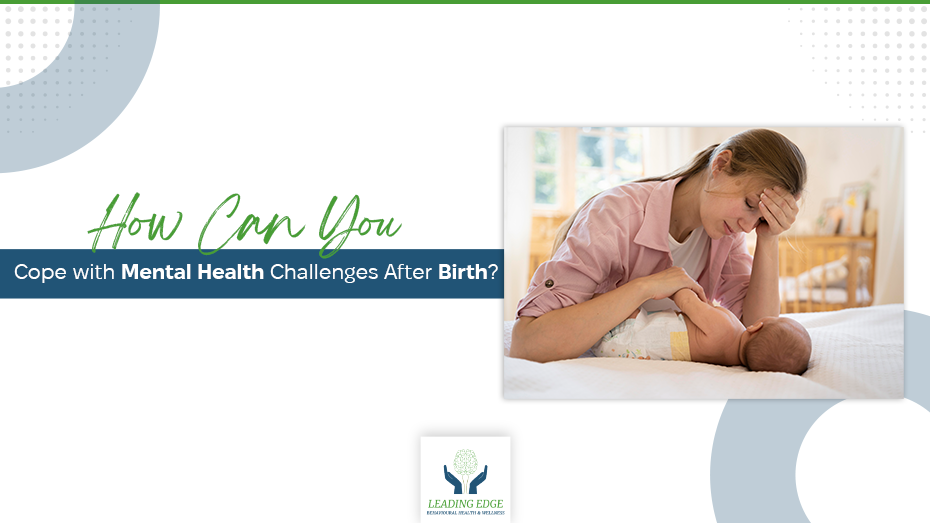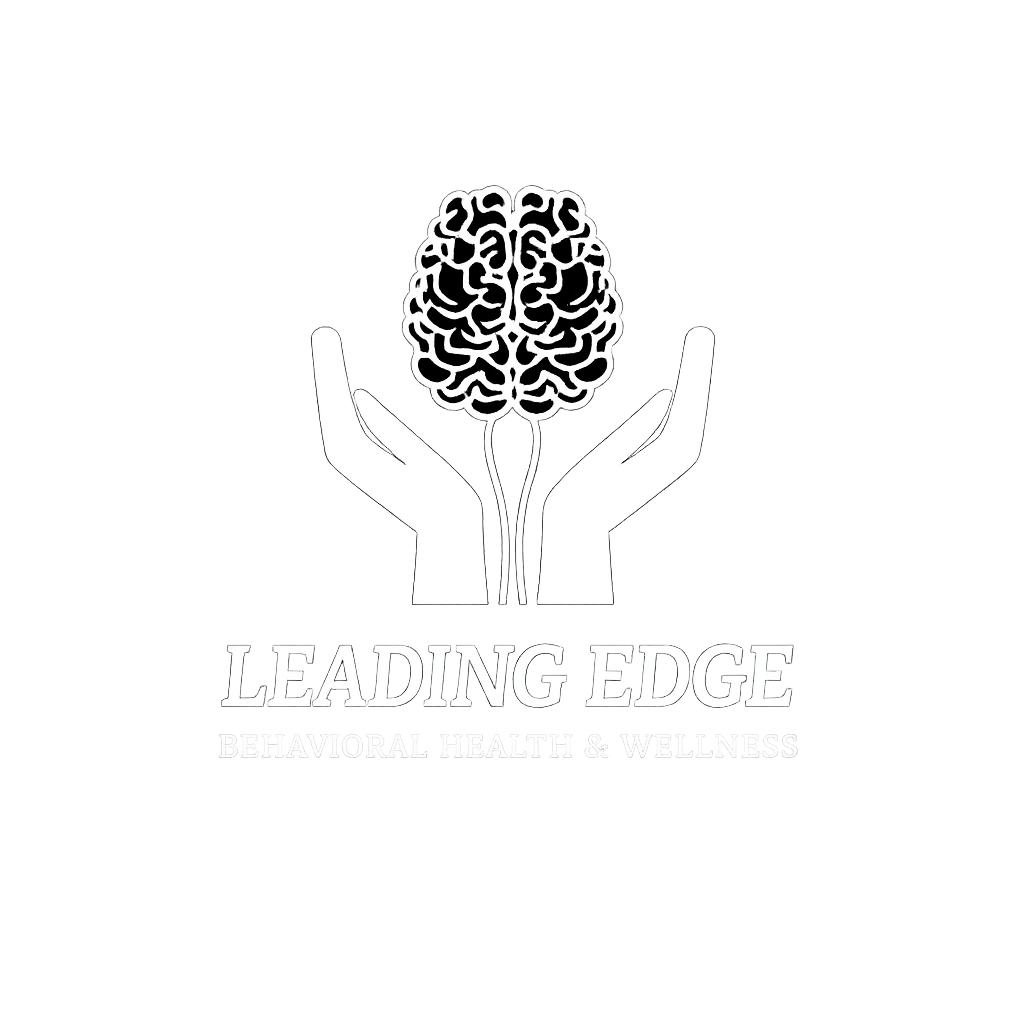At Leading Edge Behavioral Health and Wellness, we know that welcoming a new baby brings joy, but it can also be hard on your mind. Many parents feel sad, tired, or worried after birth. If you wonder, How Can You Cope with Mental Health Challenges after Birth? You are not alone. We will share simple ideas. You can explore them one after another. They can help you feel stronger and happier again.
What Are Mental Health Challenges after Birth?
A baby’s arrival brings significant changes to your body and mind. Caring for your baby may leave you exhausted. You may feel down when you miss your old way of life. You might even begin to question whether your baby is healthy. These are the so-called mental health challenges. They can be minor or significant. They might randomly visit or stay for a long time.
Talking about them is okay, and sharing helps you feel less alone. At Leading Edge Behavioral Health and Wellness, we’re here to listen.
Understanding postpartum depression
Some parents feel very sad for many days. They do not feel joy. This is called postpartum depression. It can make it hard to sleep or eat. It can make you feel guilty or scared. You might cry often or feel angry without an apparent reason. If you feel this way for more than two weeks, you might have postpartum depression. You can get help! Our caring team at Leading Edge Behavioral Health and Wellness offers therapy and support to help you feel better.
Recognizing baby blues
Many parents get the baby blues. This is a milder feeling of sadness. It often starts a few days after birth. You may cry more easily. You may feel tired or moody. The baby blues usually go away in two weeks. If sadness hangs on longer, reach out to Leading Edge Behavioral Health and Wellness. We encourage you to share your feelings with someone you trust, whether a friend, family member, or one of our compassionate counselors.
Building Your Support Network
You don’t have to face your feelings alone. Build a support network. Include your partner, family, friends, or other parents. This will help you feel safe. You can join a local playgroup or an online group. Talking with people who understand you can make a big difference. You can share tips, laugh, or just listen. Even a short chat can make you feel less stressed.
Practicing self-care
Caring for yourself is not selfish. It is essential. Try small steps of self-care every day. Take a short walk. Drink a glass of water. Breathe slowly for one minute. Read a page of a favorite book. Rest when your baby sleeps. These simple acts can help you feel calm. Over time, they add up. You deserve time and care, too.
Simple postpartum support tips
- Set small goals: Make one to-do list each day.
- Ask for help: Let loved ones do chores or cook.
- Stay active: Gentle stretches can lift your mood.
- Eat healthy snacks: Fruits, nuts, or yogurt give energy.
- Laugh: Watch a fun show or chat with a funny friend.
Try these postpartum support tips one by one. See which ones help the most.
Coping Strategies for coping with baby blues after birth
When you feel the baby blues, try coping strategies to feel better. You can hold your baby skin-to-skin. This can calm both of you. You can play soft music. You can step outside for fresh air. You can write down three good things that happened today. These tiny steps help your mind feel brighter. Doing the same step each day builds hope.
Managing Stress and Postpartum Mental Health
Stress can make feelings harder to bear. You can learn ways to manage postpartum mental health.
- Deep breathing. Breathe slowly to a count of five, then out to a count of five. Repeat five times.
- Gentle yoga. Stretch your arms and legs.
- Guided imagery. Close your eyes and imagine a calm place.
These acts bring peace to your busy mind. Want extra practice? Attend the stress management sessions at Leading Edge Behavioral Health and Wellness. They provide guidance to help you manage stress effectively.
When to Talk to a Doctor
It’s okay to ask for professional help. Call your doctor or our specialists at Leading Edge Behavioral Health and Wellness if you:
- Feel sad most days for more than two weeks.
- Have thoughts of hurting yourself or your baby.
- Cannot do daily tasks because of strong feelings.
- Feel very anxious, scared, or panicked often.
Doctors and therapists can offer counseling, support groups, or medicine. They want you to be well and happy and deserve all the help you need.
You Are Not Alone
Remember, many parents face mental health challenges after birth. You did not do anything wrong. Your feelings are real. You are loved. You can get help. You can feel better. Step by step, day by day, you can cope and heal. Your baby relies on you for comfort. Caring for yourself means caring for them.
Leading Edge Behavioral Health and Wellness helps new parents. We provide expert support and guide self-care planning after childbirth. Book your consultation today. Begin your path to wellness.
FAQs
What are the baby blues?
The baby blues occur a few days after childbirth, marked by easy tears and fatigue. Usually, they fade away on their own in about two weeks.
What is postpartum depression?
Postpartum depression is a deep sadness after having a baby. If feelings of sadness persist for over two weeks, consult a doctor.



